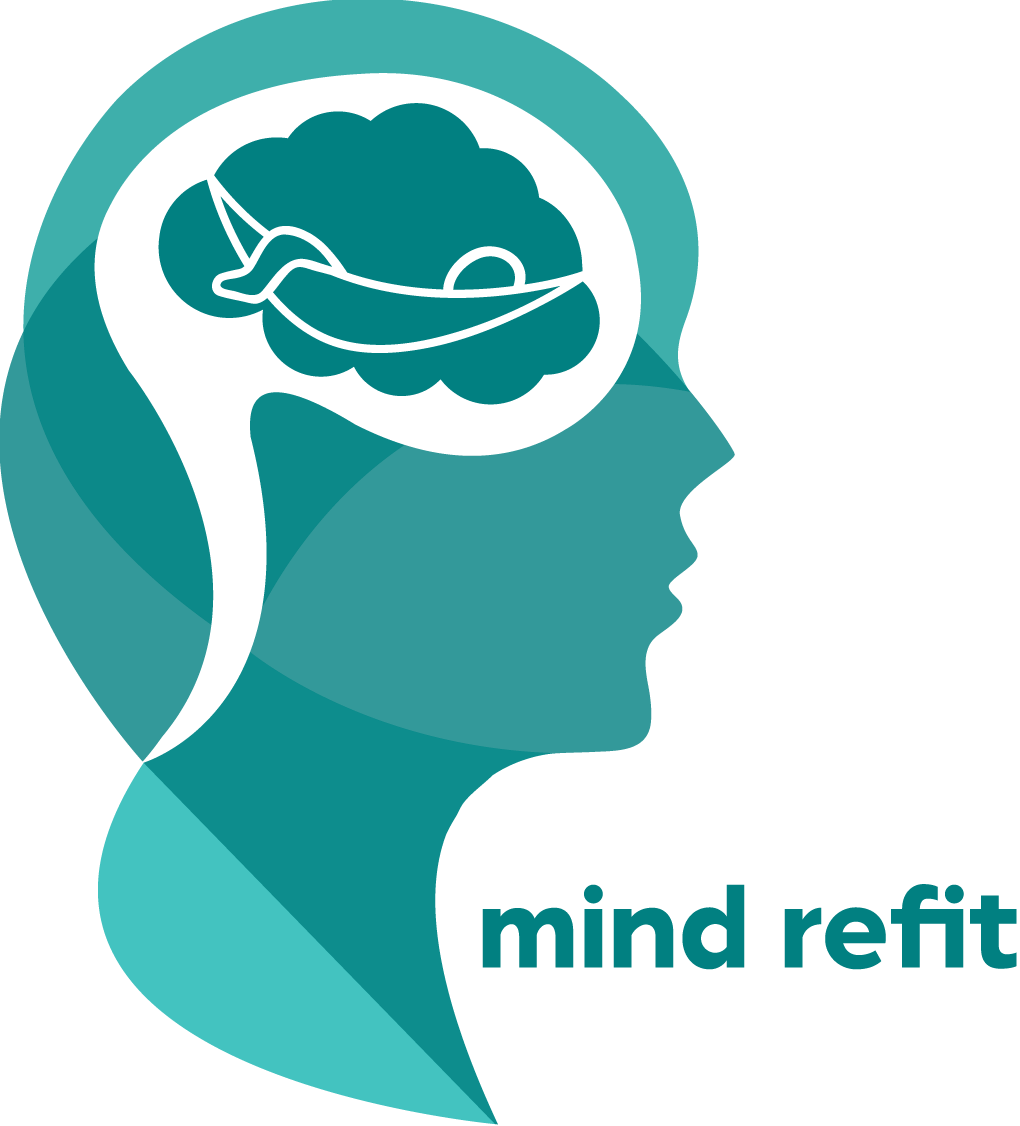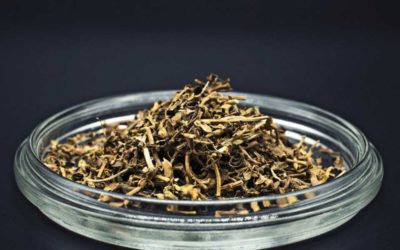
Creatine is one of the most well researched and effective supplements on the market and it’s becoming more popular by the day especially among athletes and bodybuilders. Some students also utilize this supplement to enhance their cognitive abilities. However, creatine like every other supplement should not be abused or consumed without wisdom, especially since you can get sufficient creatine just by eating enough animal protein.
Notwithstanding, if this supplement has piqued your interest, you should know why it’s so popular, whether and how it may benefit you, as well as how to correctly utilize it.
But first…
What Does Creatine Do?
Creatine is a molecule naturally produced in your body particularly in the liver, kidneys
Among all forms, the safest, most used and most researched creatine supplement is in monohydrate form[1] and it’s primarily gotten from animal diet sources.[3] This explains why vegetarians have lower levels of creatine (we’ll get into that later).
There are companies like Naked Truth which sell the powdered form of Creatine Monohydrate. You can purchase from them and get a 10% discount using this coupon code NAKED10
Health Benefits of Creatine Supplement
According to research, creatine supplementation is therapeutic. How? Well, when the body breaks down amino acids (glycine and arginine) found in protein like meat or fish, their creatine form increases your body’s natural creatine and this creatine enhancement offers therapeutic benefits to your body,[2] which we will examine right away.
Creatine as a Nootropic
Nootropics are supplements that improve cognitive function, mental performance and brain health. They are also known as “cognitive enhancers” or “smart drugs”. Nootropics are widely popular among students in universities and colleges, especially during exams. However, its use transcends to people in workplaces where competition favors the brightest minds.
Let’s look at some benefits of creatine as a nootropic.
1. It enhances brain performance
Creatine helps the brain to function better by improving the energy supplied to it and providing neuroprotection. Our cells function on energy supplied by ATP and we burn ATP energy when we use our brains to do mental tasks. Creatine supplementation replenishes your stores of phosphocreatine which prevents ATP depletion.[2]
An analysis of six studies that included 281 individuals provided evidence that taking creatine can improve your short-term memory as well as your reasoning ability.[4] No wonder students swear by it! However, the same analysis found that, in terms of other cognitive functions like long-term memory and decision-making, the results were conflicting.
2. It enhances intelligence and working memory
A 2003 double-blind test examined the effect of creatine monohydrate supplementation on young vegetarian adults. They found that creatine supplementation improved working memory and intelligence significantly.[5] Now, this is something we’re all interested in. Wouldn’t you like to be smarter and work better?
Since vegetarians can’t get creatine from their diet, they may benefit more from supplementation than meat-eaters. A 2011 study on the effect of creatine supplementation on vegetarians and non-vegetarians, found that vegetarians with lower levels of creatine are more responsive to supplementation.[6][7]
3. It counteracts the effects of sleep deprivation
A 2006 study shows that people who didn’t sleep for 24 hours improved their mood and were able to do difficult intellectual tasks after creatine supplementation.[8]
Study results are not consistent, though. In a 2007 study, supplementation only improved executive functioning after 36 hours, but mood was not improved.[9]
Irrespective of whether creatine supplementation can ward off effects of sleep deprivation or not, you shouldn’t purposely deprive your body of sleep as it may lead to some health problems. It may be necessary to see your doctor if you have trouble sleeping.
4. It appears to lessen the effect of brain injuries
Scientists have studied the ability of creatine to protect the brain. In a 2008 study, children and adolescents aged between 1 and 18 years of age with traumatic brain injury took creatine for six months. The results were dramatic. Their stay in intensive care was shortened, and the frequency of their headaches reduced from 93.8% to 11.1%. They also felt much less fatigued and dizzy.[10]
5. It combats mental fatigue
If you work on a computer all day long, there comes a time in the day when your brain is just too tired to think clearly. Research shows that supplementation with creatine can help.[11]
Creatine as a Supplement for Athletes
1. It builds muscles
Studies have consistently shown that creatine supplementation increases creatine in the muscles, leading to increased muscle mass during training.[3] So, if you’re a bodybuilder, creatine would be a good supplement for you. Some people even say that you could add 5 to 10 pounds of lean muscle in a matter of weeks! Of course, that is combined with training in the gym.[15]
However, some research suggests that
2. It is helpful in high-intensity exercise performance
There is a positive correlation between creatine in your muscles and exercise performance. Creatine helps boost your levels of ATP, which is the energy source for high-intensity activities like, sprinting, jumping and lifting weights. It is also beneficial for sprint cycling.
Therefore, it may provide the energy boost needed to run fast over a short distance and endurance for anaerobic activities. However, because creatine only provides a quick but limited source of energy,[15] it’s not an optimal supplement if you do steady-state long-duration intensive endurance sport[16] like long-distance running, long-distance cycling or swimming.
3. It improves strength performance
When creatine supplementation is combined with heavy resistance training it leads to enhanced physical performance and greater muscle strength.[15] In other words, creatine makes you stronger.
A 2003 meta-analysis showed that when individuals took creatine and did resistance training, their performance and endurance strength (maximal repetitions they could do) improved more.[17]
Creatine May Improve Quality of Life for the Elderly
There is evidence that creatine may improve activities of daily living for the elderly. When we get older, our muscles grow weaker and it becomes hard to do normal tasks like getting dressed. A 2013 study shows that creatine supplementation can increase body mass and muscle strength, and reduce fatigue.[18] Supplementation with creatine also enhances bone mineral density which reduces the risk of osteoporosis.[19]
Does Creatine Protect Against Neurological Diseases?
There have been reports that creatine protects against diseases like Parkinson’s, ALS, Alzheimer’s, stroke, Huntington’s and epilepsy.
While the direct causes of these neurodegenerative diseases are still unclear and they are being studied closely. A 2011 study shows that creatine supplementation can reduce the risk of cognitive dysfunction.[21] Although there are further studies in animal models,[20] more conclusive scientific human studies on the benefit of creatine for these diseases are required.
How should you take creatine?
As already mentioned, your best source is meat. However, you can also take creatine as a supplement. Creatine monohydrate is the safest and most recommended. It is also very affordable and available in capsule and liquid form.
Be careful not to overdose and seek an expert’s advice for dosage. Most people take 5g per day which is considered enough to increase and maintain your body’s creatine. Creatine can also be taken at any time.
What are the side effects?
Creatine is one of the world’s most tested supplements and has an outstanding safety profile.
However, you can get stomach cramps or be overly dehydrated if you don’t take the supplement with sufficient water. Diarrhea and nausea can also occur if you take too much creatine at once. Safe doses include; 25 grams daily for up to 14 days, as well as 4-5 grams daily for up to 18 months. Therefore, overdose may result from the combination of increased dosage and continuous usage.[22]
Creatine should be avoided by pregnant women and lactating mothers. This is because no reliable information exists on the safety profile for this group. Pregnancy and breastfeeding are very sensitive conditions. Please make sure your doctor is onboard before usage.[22]
As for young children from 2 years of age, 2-3 grams per day is considered safe when consumed for no longer than 6 months at a time.[22]
Individuals with bipolar disorder, kidney disease or diabetes should avoid creatine altogether. This is because it worsens mania, worsens kidney disease and increases the chances of kidney disease respectively. Furthermore, people with Parkinson’s disease should be careful not to combine creatine and caffeine.[22]
Combining certain medication i.e. Nephrotoxic drugs with creatine may also damage the kidneys of every healthy person.[22]
As we have already established, creatine can be sufficiently gotten from diet sources. However, if you feel like you’re not getting enough creatine from your diet, see your doctor
For more articles like this, check out our nootropics section.
References
- https://healthline.com/nutrition/types-of-creatine#section3
- https://ncbi.nlm.nih.gov/pubmed/11356982
- https://jissn.biomedcentral.com/track/pdf/10.1186/1550-2783-9-33
- https://ncbi.nlm.nih.gov/pubmed/29704637
- https://ncbi.nlm.nih.gov/pmc/articles/PMC1691485/
- https://ncbi.nlm.nih.gov/pubmed/21118604
- https://ncbi.nlm.nih.gov/pubmed/29569535
- https://ncbi.nlm.nih.gov/pubmed/16416332
- https://ncbi.nlm.nih.gov/pubmed/17046034
- https://ncbi.nlm.nih.gov/pmc/articles/PMC2583396/
- https://ncbi.nlm.nih.gov/pubmed/11985880
- https://ncbi.nlm.nih.gov/pmc/articles/PMC155510/
- https://ncbi.nlm.nih.gov/pubmed/14636103
- https://water.usgs.gov/edu/propertyyou.html
- https://ncbi.nlm.nih.gov/pubmed/12184144
- https://ncbi.nlm.nih.gov/pubmed/12945828
- https://ncbi.nlm.nih.gov/pubmed/14636102
- https://ncbi.nlm.nih.gov/pubmed/24304199
- https://clinicaltrials.gov/ct2/show/NCT02047864
- https://ncbi.nlm.nih.gov/pmc/articles/PMC4715403/
- https://ncbi.nlm.nih.gov/pubmed/21394604
- https://webmd.com/vitamins/ai/ingredientmono-873/creatine




0 Comments